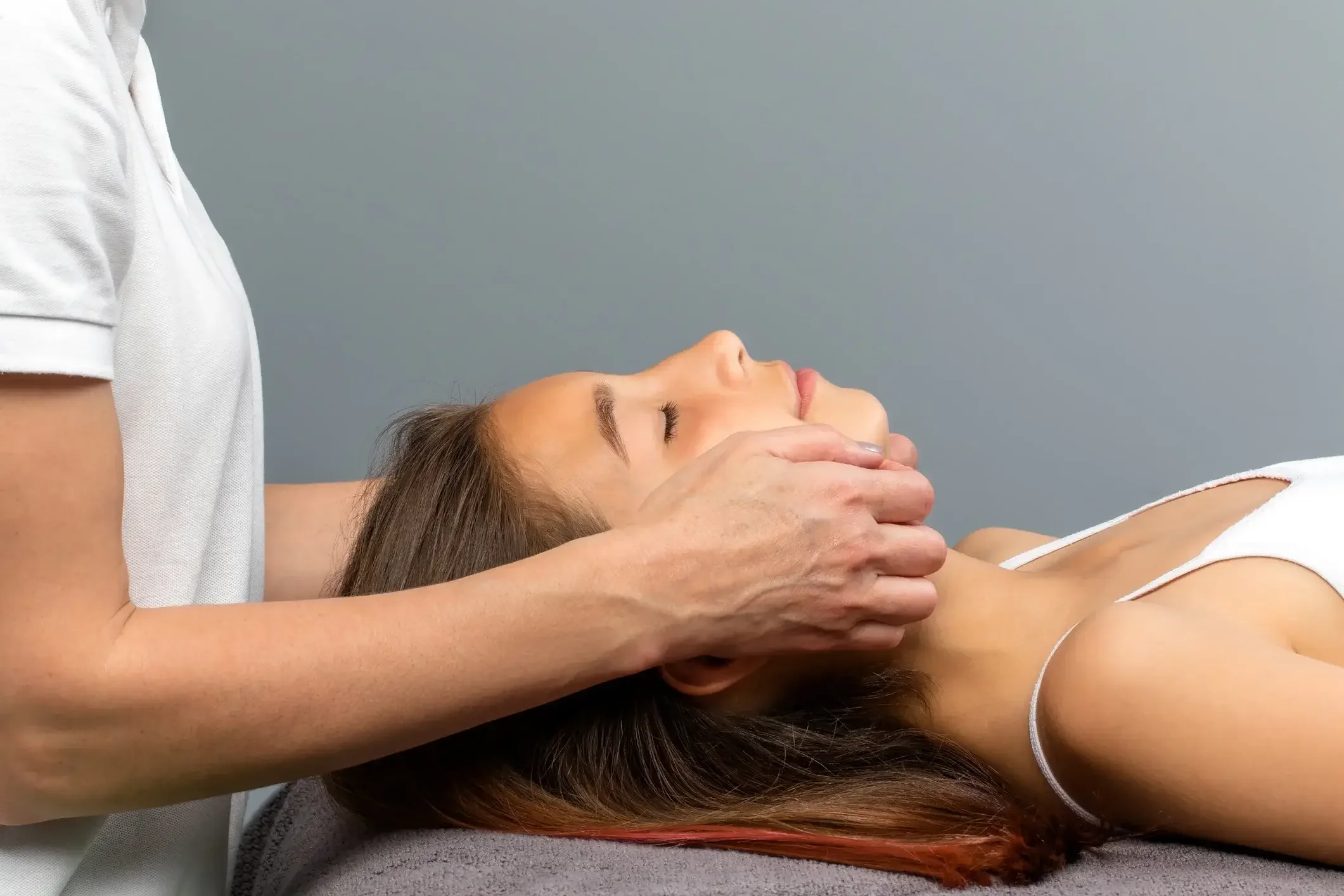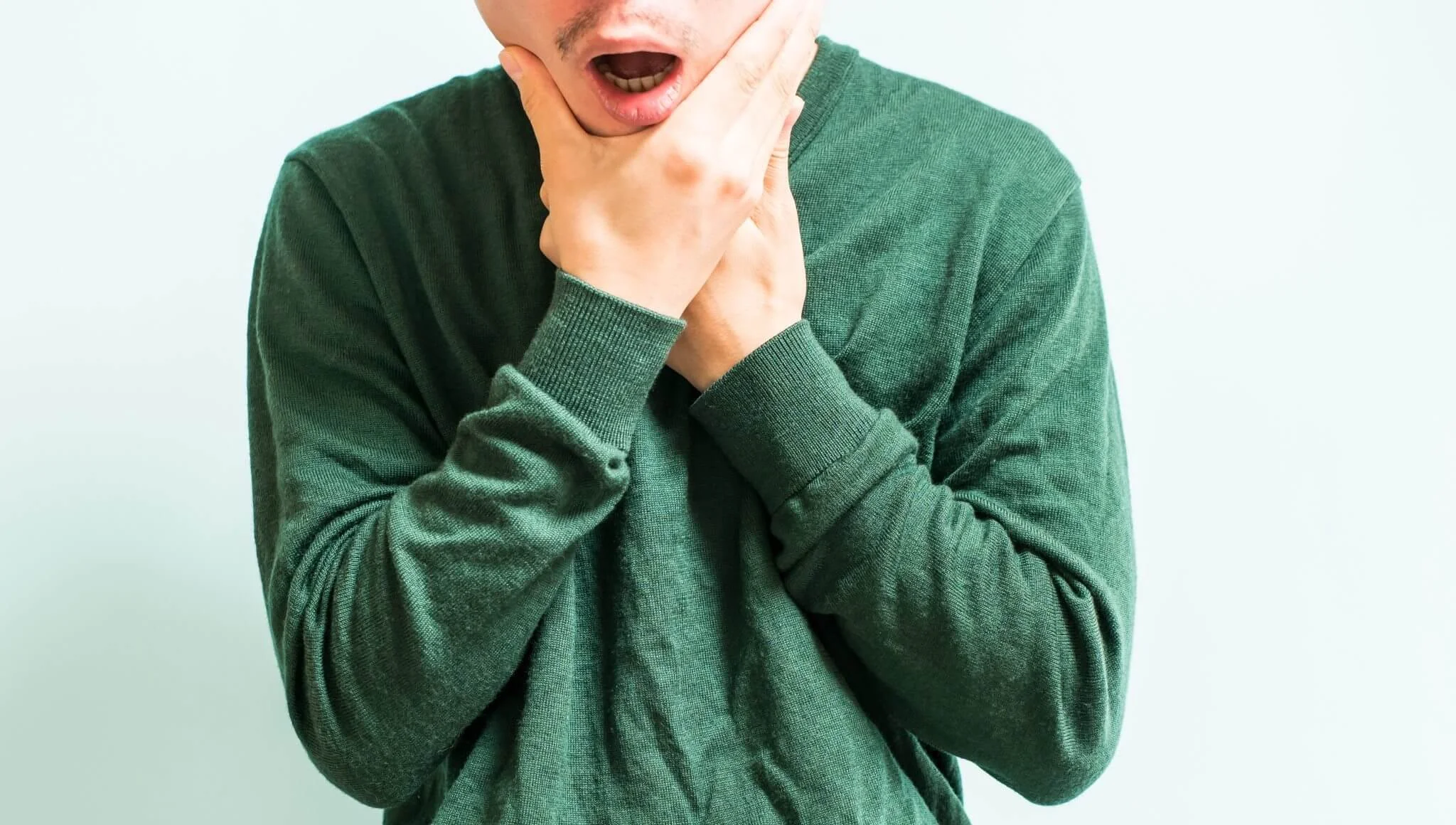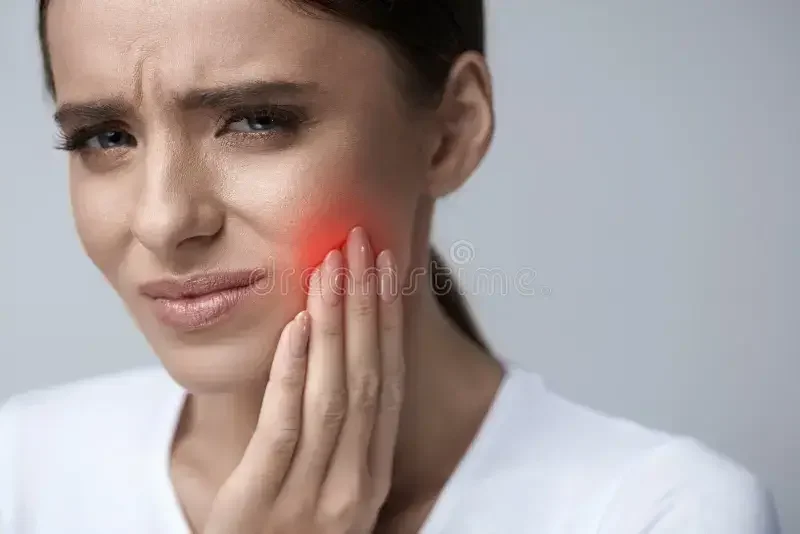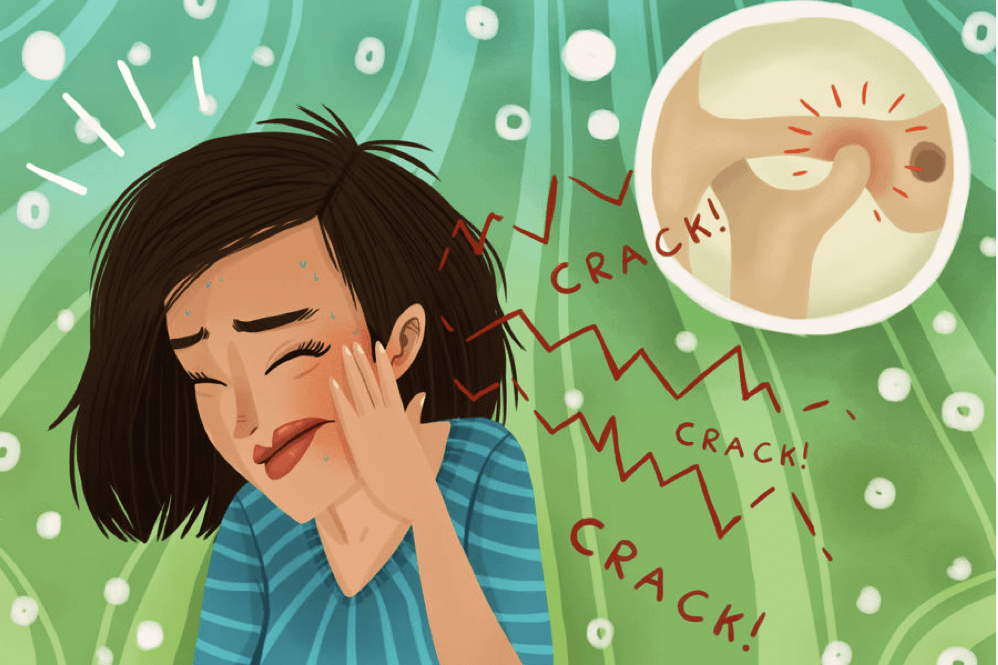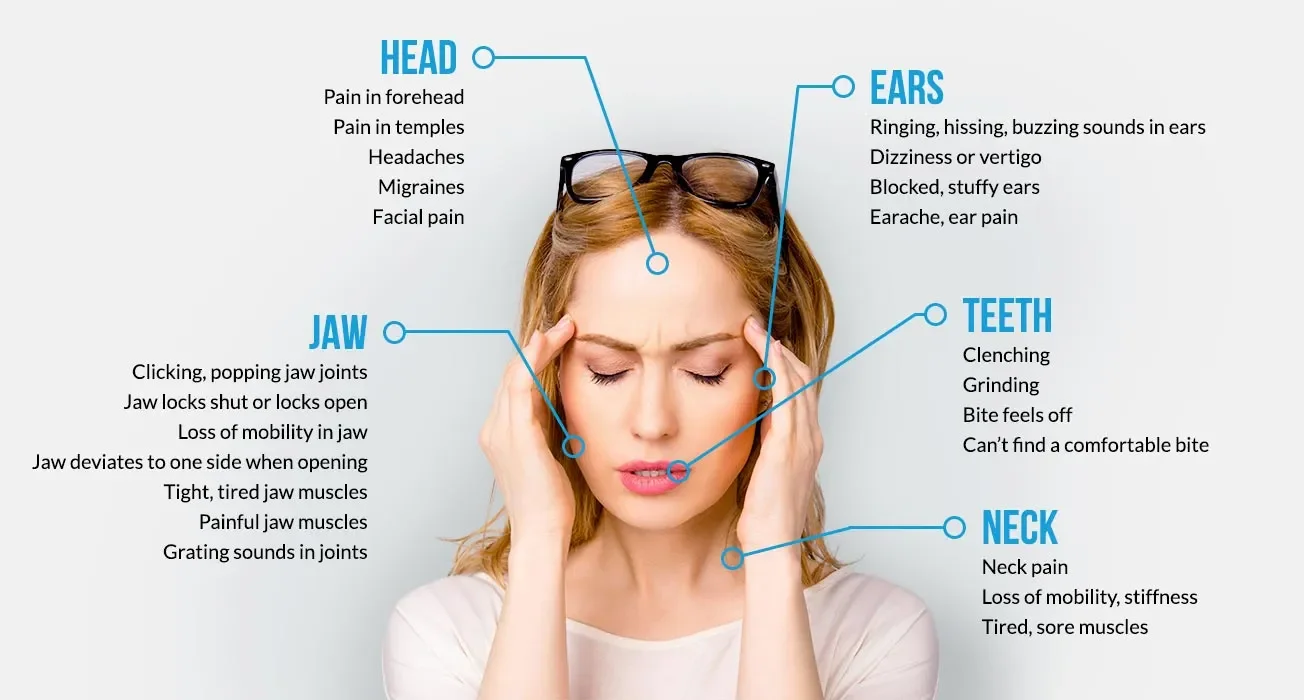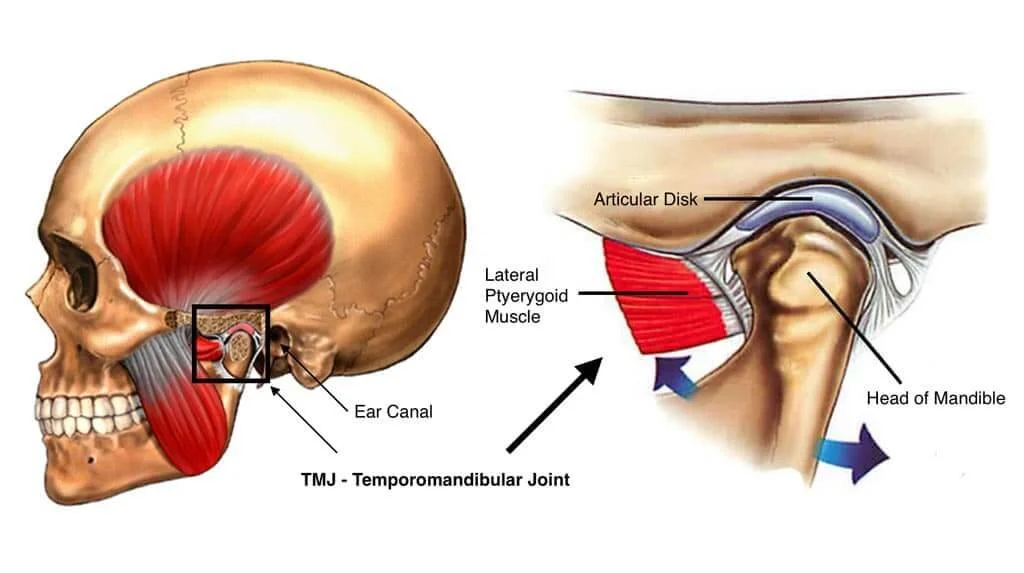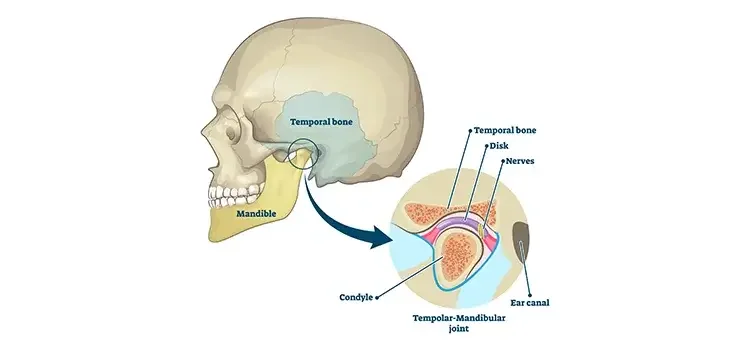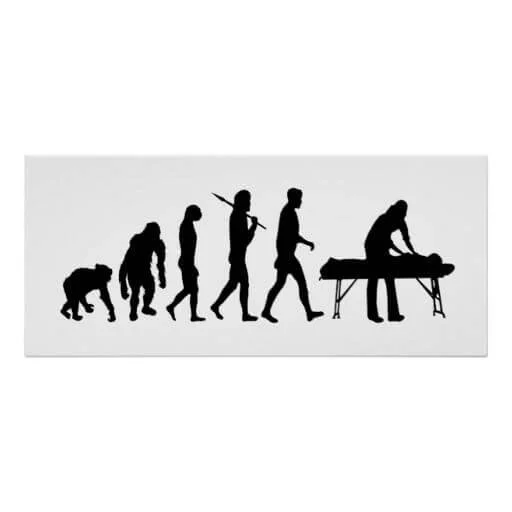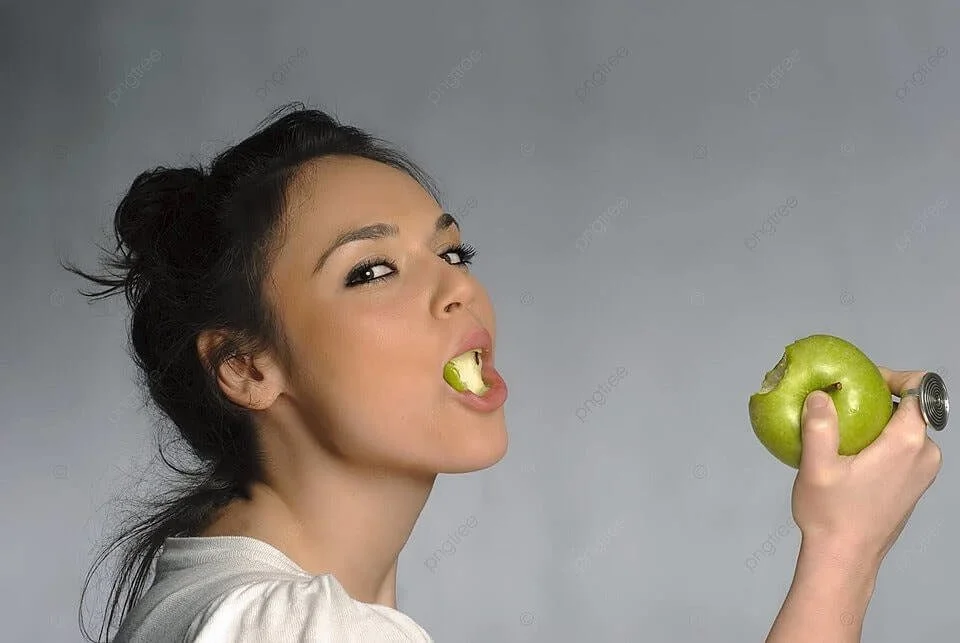My Jaw Physio’s Lara Syme attended ANZAOP Conference at Melbourne University.
Lara Syme has been attending the Australian and New Zealand Academy of Orofacial Pain’s annual scientific meeting since 2019, and each year continues to be an enriching and energising experience. The 2025 two day conference at Melbourne University, held in her hometown, was especially rewarding. The event brought together leading Australian and international experts who shared the latest advances in diagnosing and managing orofacial pain. Topics included temporomandibular disorders, migraine management, the microbiota gut brain axis, photobiomodulation, mandibular advancement splints, and sleep related disorders.
My Jaw Hurts When I Yawn: Understanding the Causes and Solutions.
Jaw pain when yawning can stem from various factors, most commonly related to the temporomandibular joint (TMJ). This joint connects your jawbone to your skull, and any dysfunction can lead to discomfort. As yawning forces, the TMJ into an end of range position, if you are experiencing restriction in your ability to open fully, then it is likely that yawning would bring about some pain.
My Jaw Is Locked Closed — What Should I Do?
A locked jaw, medically known as trismus, can stem from a variety of causes, including dental procedures, jaw injuries, disc displacements, or even excessive muscle tension from stress. At My Jaw Physio, trismus is one of the more complex — and rewarding — conditions we treat. In fact, it’s my favorite condition to work with because of how life-changing the results can be for patients.
Why Does My Jaw Click While I’m Eating?
Disc Displacement: The joint contains a small cartilage disc that helps cushion the jaw during movement. The disc can lag behind and create air pockets, when the disc rushes to catch up with the moving jaw bone, it pops the air pockets that it has created, leading to clicking sounds as the joint moves.
What are the Symptoms of TMJ?
What are the Symptoms of TMJ?
Temporomandibular Joint Disorder (TMJ/ TMD) can significantly impact a person's quality of life. Characterized by pain and dysfunction in the jaw joint and the muscles that control jaw movement, TMJ/TMD can lead to a variety of symptoms which can range from annoying to distressing. In this blog post, we will explore the common symptoms that patients may experience when suffering from TMJ/TMD.
1. Jaw and facial Pain
One of the primary symptoms of TMJ/TMD is persistent pain in the jaw. This discomfort may be localized to the area near the joint or can radiate to the surrounding muscles. Patients often describe the pain as dull and acheing, with sharp or intense episodes occurring after or during activities such as chewing or yawning.
What is TMJ?
TMJ stands for Temporo-mandibular Joint.
You have one TMJ on each side of your face, just in-front of your ear. These joints attach your jaw to your skull.
At My Jaw Physio your wellbeing and the Temporo-mandibular joints are our primary focus.
Many websites stress the importance of knowing the difference between TMJ and TMD. TMD refers to a group of disorders that cause pain and dysfunction in the TMJ.
What is TMD?
TMD (Temporo-mandibular dysfunction) refers to a group of disorders that cause pain and dysfunction in the Temporo-mandibular joint (TMJ): the hinge-like joint connecting the lower jaw to the temporal bone of the skull.
TMD can cause a range of symptoms, including pain and discomfort in the jaw, difficulty opening and closing the mouth, as well as clicking or popping sounds when moving the jaw.
At My Jaw Physio your well-being and the Temporo-mandibular joints are our primary focus.
Many websites stress the importance of knowing the difference between TMJ and TMD. I don’t expect my patients to know all the Latin words or acronyms that the medical world uses to describe their condition. You are the expert at knowing your pain and areas of difficulty. During your appointment you will need to describe where and when your jaw is a problem to you and then leave the diagnosing to me. That is my job! I’ve spent more than 20 years studying the Temporo-mandibular joint,
What is the difference between a Physio and a Chiropractor?
This is a question I get asked a lot. The first clinic I ever worked in was owned by a Chiropractor and had Physio, Osteo and Chiro, all working together. We used to have these brilliant meetings where we would teach each other only the most effective treatments. We had a theory that I still abide by “if it works, I don’t care who invented it!”
There are great Chiros and Physios out there. And unfortunately, there are not-so-great ones too.
The key differences between the modalities stem from their origins. Physio has been developed from a mixture of hospital-based rehabilitation, massage and manual therapy. Whereas, Chiropractic, stems from a theory that if the nervous supply to an area is unimpeded then the body is better able to heal itself.
It is due to these differing origins, that Physios tend to do more massage, joint mobilisation and prescribe exercises. Chiropractors tend to do more manipulation (cracking). But lots of Physios use manipulation and lots of Chiropractors use massage and exercises. I can totally understand why the differences can elude many people!
Physio and Chiro have come a long way since our humble origins. Both modalities now have access to the same body of evidence and years of research that influences our practice.
If you are seeing an experienced Physio or Chiro for your Jaw condition, you should essentially get the same advice, treatment and outcome, if they use evidence based practice.
Can a Physio treat Dizziness?
The most common presentation that My Jaw Physio sees, is a scenario where a patient wakes up that morning, turns their head to look at the alarm clock and suddenly the whole room starts spinning! The patient usually reports needing to lie very still for a minute or so, waiting for the spinning to stop. After this horrible start to the day, our patient is very careful with their movements, to not set the spinning off again. Often there has been no precipitating factor for the onset of vertigo, but at other times a car accident or sudden jolt the day before may have occurred.
Physio can be very effective for Vertigo. Treatment often involves performing some positional manoeuvres, firstly to assess and then treat the dizziness. We also send our patients home with some personally tailored exercises to treat themselves if this ever reoccurs.
5 Tips to Reduce Jaw Pain.
Here are some things that you can do to help to reduce your Jaw pain.
1. Eat softer foods, this is a short-term strategy for while your pain is flared up. Eating softer food is to the Jaw, what crutches are to lower limb injuries – it gives your Jaw a rest. This is an especially good idea if you find chewing painful. There are several websites with specific recipes for soft food diets. At the very least avoiding very crunchy or chewy food is likely to be helpful.
2. Try to reduce the amount of Jaw clenching that you do when awake. Set up cues to remind you to check if you are clenching. Try to remember to keep your lips together and your teeth apart when at rest.
3. Improve your posture. Hunching through your neck and shoulders changes the position of the Jaw and makes it work in a less than ideal way. Your Physio can give you exercises to strengthen the required muscles and tape you, to hold you in a better position.
4. Have your Physio look at your pillow and check that it is the right size for you. Sleeping position, like sitting position can have a big effect on the Jaw.
5. Experiment with heat packs and ice packs over the most painful places. Always wrap packs in a towel. See which gives you more relief. Communicate this to your Physio at your first appointment.
Headaches? Does your Jaw click, lock or catch?…. might be your TMJ.
TMJ is an abbreviation for Temporomandibular Joint, or the jaw joint. There are two, one in front of each ear. These joints move each time we chew, talk or swallow. They are probably the most used joints in the body (used far more by some of us than others!). The TMJs have a disc between the bones, like the ones between your back bones; this disc also helps with pressure distribution in the joint.
Common symptoms of TMJ dysfunction:
Clicking is the most common symptom of TMJ. This clicking sound may be so loud that it can be heard by others when you chew.
Catching or Locking of the TMJs may feel like a catching of the lower jaw as it opens.
Fullness in the ears is often felt, due to the close relationship of the TMJs and the ears.
Headaches located in the temples and back of the head can come from the TMJs. Clenching and grinding of the teeth produce muscle tightness which can cause headache pain.
Teeth and Facial pain may actually be referred pain from the
Jaw joint and associated structures.



